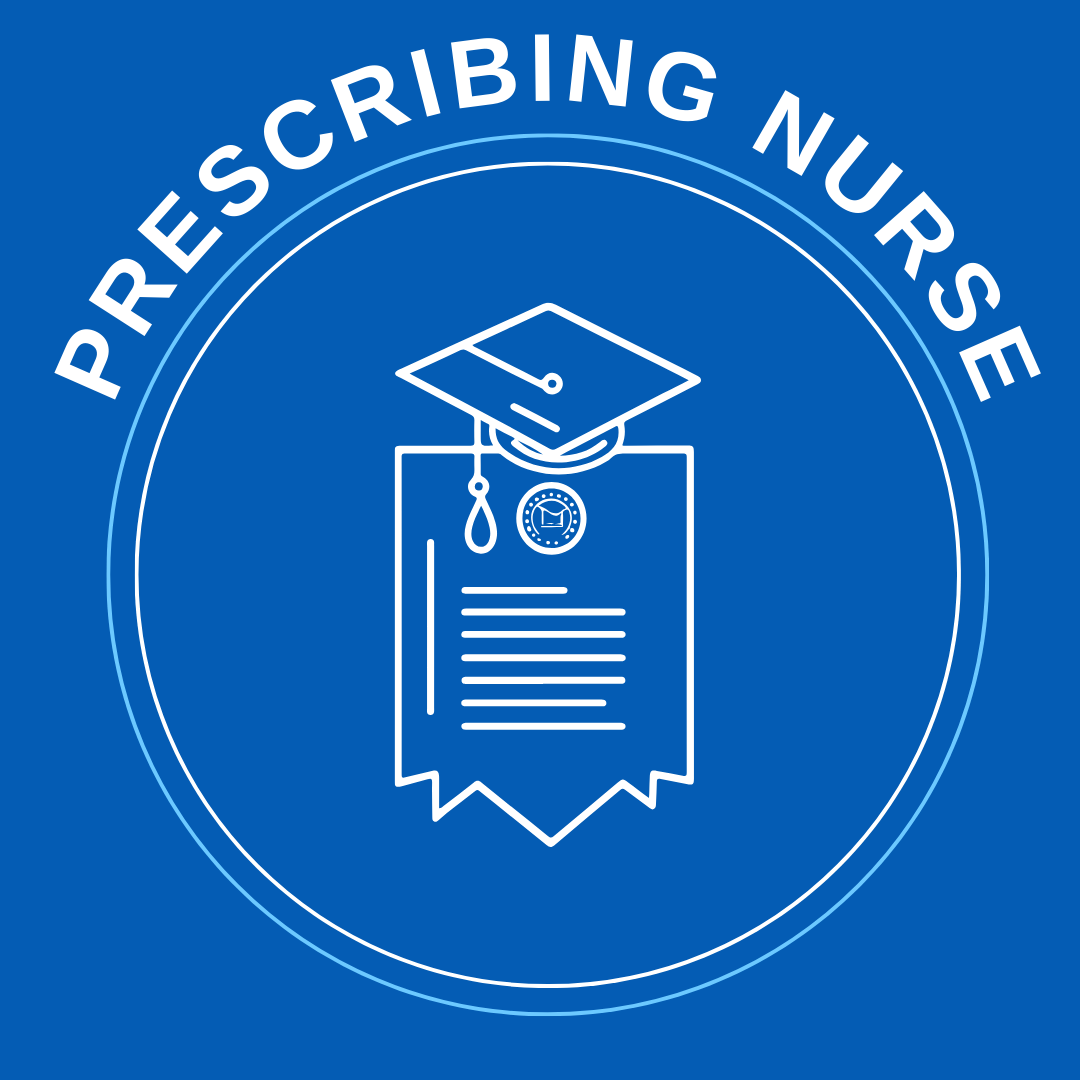Introduction
Introduction
The V300 course is a nationally regulated program designed to prepare healthcare professionals for independent and supplementary prescribing responsibilities. While the curriculum content is set at a national level to ensure consistency in learning outcomes and adherence to professional standards, the way in which the course is delivered can vary between universities. These differences may include teaching methods, assessment formats, and the structure of clinical placements, allowing institutions to tailor the learning experience to their resources and student needs while maintaining the core competencies required for safe and effective prescribing.
Regulators
The V300 Independent and Supplementary Prescribing course in the UK is regulated by professional statutory regulatory bodies (PSRBs), primarily:
- Nursing and Midwifery Council (NMC) – for nurses and midwives
- Health and Care Professions Council (HCPC) – for allied health professionals such as physiotherapists, podiatrists, and radiographers
These regulators set the educational standards for prescribing programmes, which universities must follow. The curriculum is also aligned with the Royal Pharmaceutical Society’s Competency Framework for All Prescribers, ensuring consistency in prescribing practice across professions and institutions.

Guidance on DPP and PA Roles in V300 Courses
The majority of universities require students to have both a Designated Prescribing Practitioner (DPP), previously known as the Practice Supervisor, and a Practice Assessor (PA), and prefer to separate the roles for quality assurance. Always check local university policy.
Can the DPP and PA be the same person?
Yes, the Designated Prescribing Practitioner (DPP) and Practice Assessor (PA) can be the same individual, provided they meet the requirements for both roles. This may be permitted, especially in smaller teams or specialist settings, but always check with the individual university.
